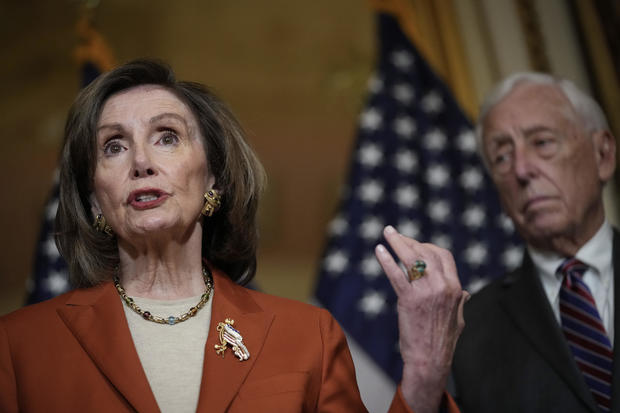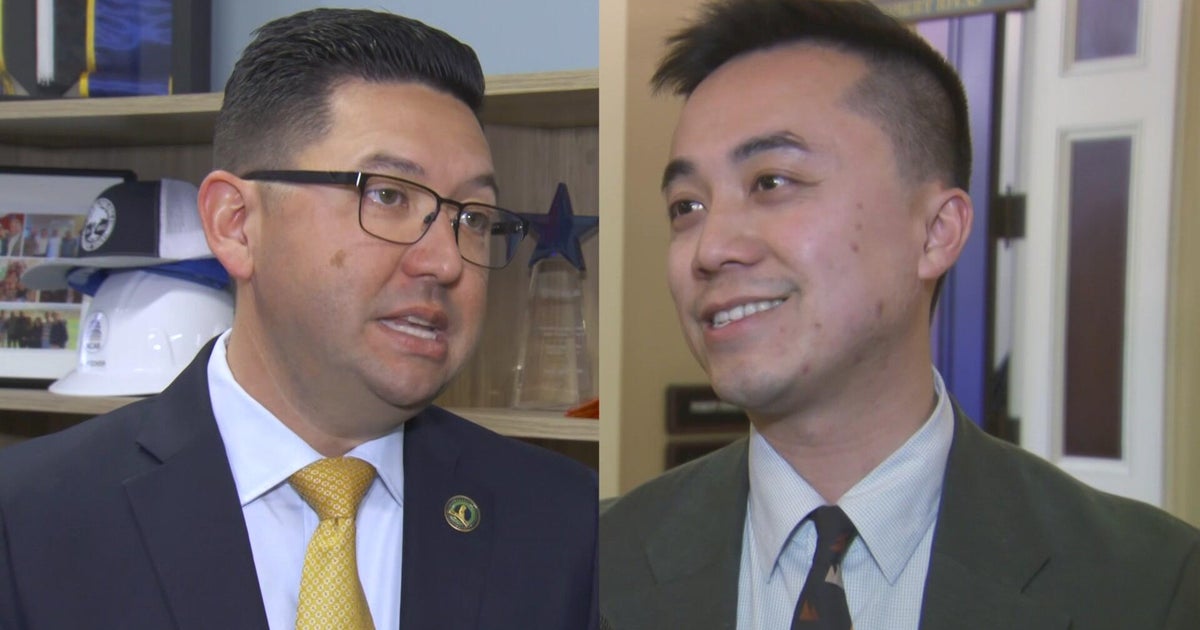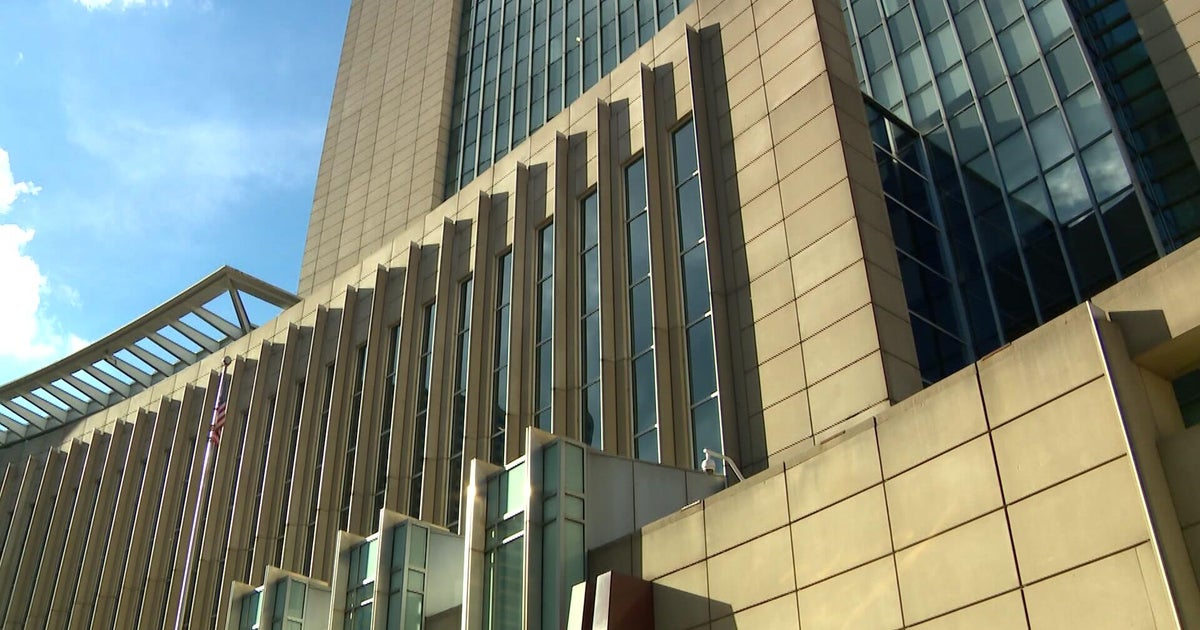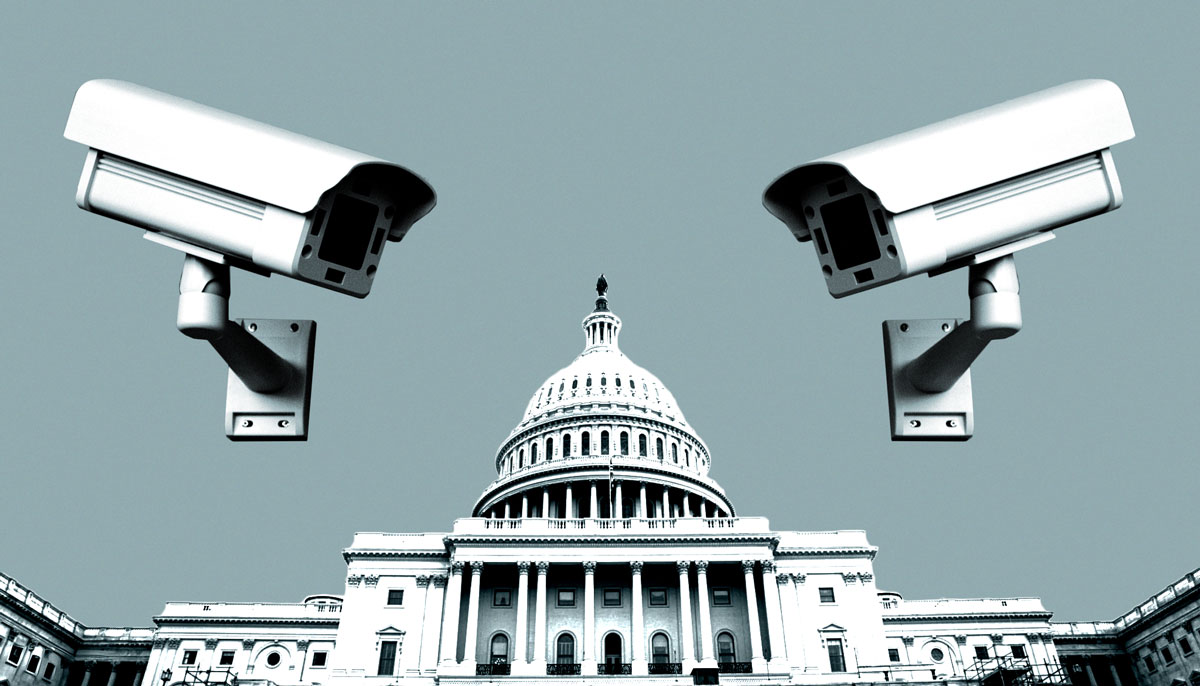House approves $768 billion defense funding bill
The House on Tuesday night approved the 2022 annual defense bill, which authorizes programs and spending guidelines for the Pentagon and other national security programs, includes changes to military prosecutions, more money for Ukraine and a pay raise for service members.
The bill had bipartisan support, garnering 364 votes. Fifty-one Democrats and 19 Republicans voted against it.
This year's National Defense Authorization Act (NDAA) authorizes a topline funding of $768 billion for defense and national security with $740 billion designated for the Department of Defense — which was $25 billion more for the Pentagon than President Biden had requested.
Ukraine aid
While Russia continues to build up forces near Ukraine's border, prompting concern in the U.S. and Western Europe, the U.S. plans to send more aid to Ukrainian security forces — the NDAA authorizes a $50 million increase in assistance for this purpose.
China
To deter China, the bill includes $7.1 billion for the Indo-Pacific Deterrence Initiative. The Pentagon has repeatedly called China the "pacing challenge" for the Department of Defense.
Sexual assault in the military
One of the highest-profile issues this year in Congress was figuring out how to address sexual assault in the the military. The bill would remove the decision to prosecute crimes of sexual assault and related crimes from the military chain of command, but it would not remove all felonies from the chain of command, as Senator Kirsten Gillibrand of New York advocated.
"The sexual assault reform provisions that we have in this bill are the most transformational thing that has been done in this committee in my 25 years of serving," Democratic Congressman Adam Smith, the Chairman of the House Armed Services Committee, told the Rules Committee on Tuesday. "As we all know, for years we have dealt with the reality that sexual assault is not being adequately dealt with in the military."
But Gillibrand said Wednesday that the NDAA does not go far enough with the military justice provisions. She added that the initiatives, which have bipartisan support, were stripped from the final bill.
"This bill does not reform the military justice system in a way that will truly help survivors get justice," Gillibrand said. "It does not remove serious crimes out of the chain of command, which is the only way to create the professional unbiased system that we've been advocating for."
The NDAA also would require the Defense Department to track allegations of retaliation against victims of sexual assault or harassment and third-party individuals who have reported an incident.
Military hunger
Also on the domestic front, the NDAA addresses the issue of military hunger by requiring the Pentagon to create a basic needs allowance for low-income service members who are below 130% of the federal poverty guidelines, in order to assist them with basic necessities, particularly food.
Military pay raise
The bill would increase military basic pay for all service members by 2.7%.
UFOs, Havana Syndrome
Several new organizational bodies are budgeted in this year's NDAA, including a joint office to track unidentified aerial phenomena, or UFOs, a Pentagon "cross functional team" to confront Havana Syndrome and an independent Afghanistan Commission to study the 20-year war.
This year's bill is moving on a slower schedule than in recent years, due in part to disagreements over the amendment process in the Senate and the delay in bringing it to the floor.
To get the process moving, the House and Senate bills were combined through a series of negotiations by the leadership of the House and Senate Armed Services committees.




